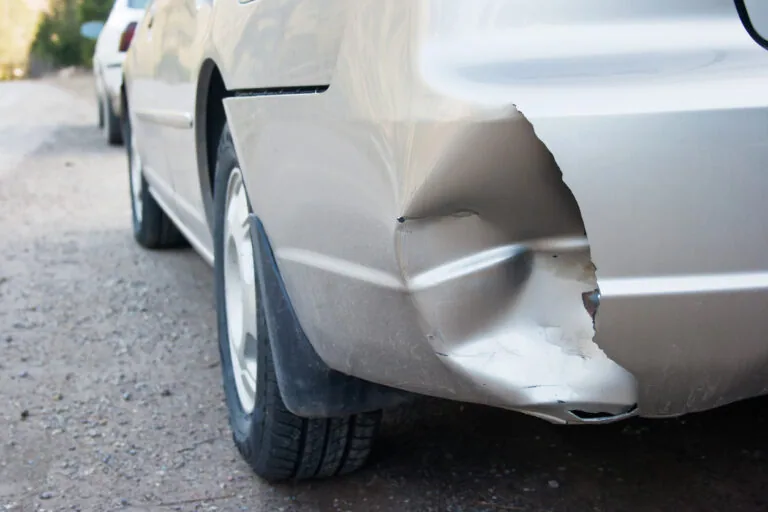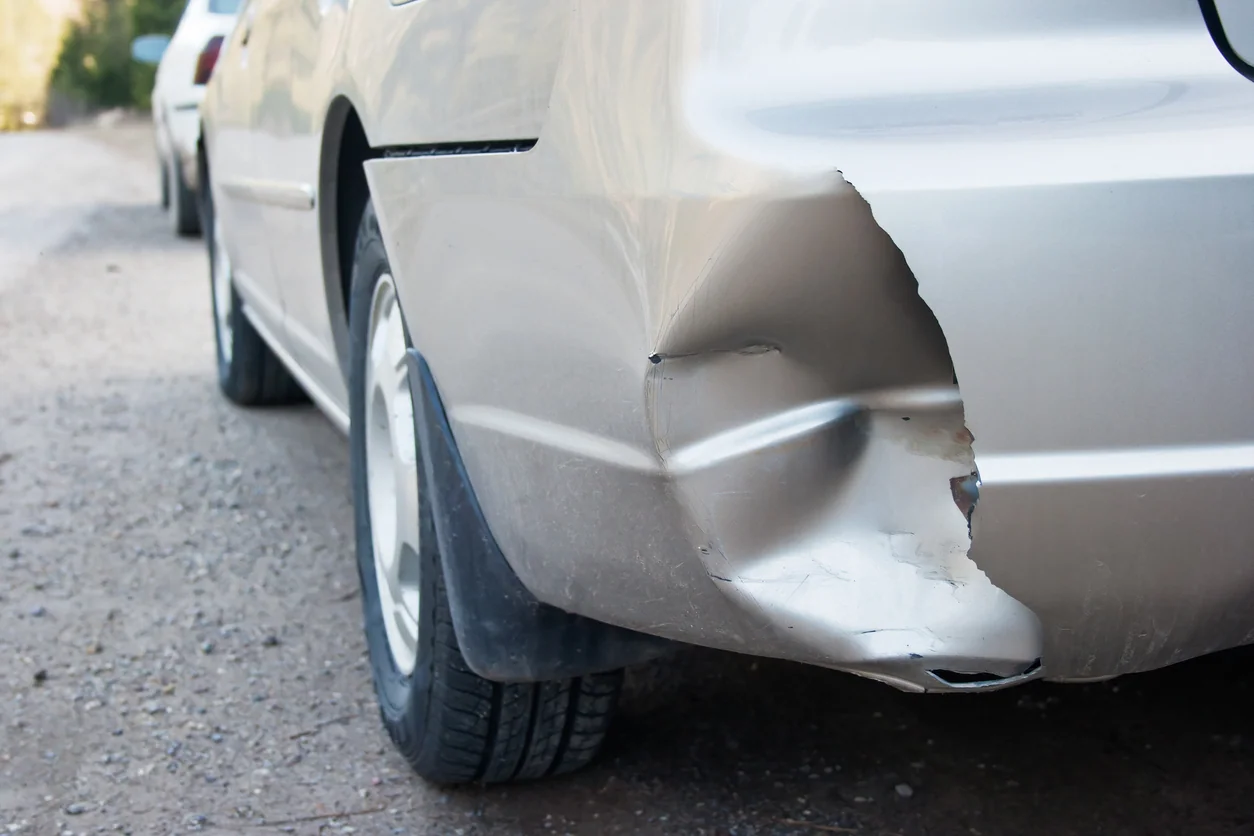If you’ve been accused of a hit-and-run, one of your first questions is probably: Will my insurance cover this?
The truth is, it depends. In North Carolina, some types of coverage may apply—but not all. And the rules are different if you’re the one being blamed for leaving the scene. In many cases, people accused of a hit-and-run find themselves facing criminal charges, insurance complications, and the real possibility of having to pay out of pocket.
Before you talk to your insurer or try to explain what happened, it’s important to speak with a North Carolina hit and run defense attorney. What you say to the police and insurance companies can have a major impact on both your legal case and your insurance claim.
What Is a Hit-and-Run Accident?
A hit-and-run doesn’t always look like a dramatic getaway. Sometimes it’s a moment of panic. You might not think you caused the crash. You might not even realize there was damage. Or maybe you did, and you got scared and kept driving.
But, under North Carolina law, the moment you leave the scene of an accident without stopping to exchange information or check on others, it can be considered a hit-and-run.
Not only that, hit and run charges don’t require major collisions. You can also be charged for things like:
- Sideswiping a parked car and driving off without leaving a note
- Getting into a fender bender at an intersection and leaving before police arrive
- Hitting a cyclist or pedestrian and not stopping to see if they need help
- Knocking over someone’s mailbox or fence and never letting them know
Even if the damage seems minor or no one appears to be injured, the law still requires you to stop, share your information, and offer assistance if needed. Failing to do that can lead to misdemeanor or even felony charges, depending on what happened.
How North Carolina Insurance Works in Hit-and-Run Cases
North Carolina law requires drivers to carry both liability insurance and uninsured motorist (UM) coverage. But those protections are mostly for the person who was hit, not the driver being blamed.
Here’s what that means in practical terms:
- Liability coverage pays for injuries and damages you cause to others.
- Uninsured motorist coverage helps victims when the other driver can’t be identified, like in a hit-and-run.
- As of January 2025, UM coverage must be at least $50,000 per person and $100,000 per accident.
UM coverage can’t be used by someone accused of a hit-and-run. It’s there for the person making the claim. If you’re the one under investigation, whether your insurance helps you at all depends on your policy details, and what your insurer decides after reviewing the case.
What Your Insurance Might Still Cover
If you’ve been accused but you had active insurance at the time of the crash, some parts of your policy may still apply. However, insurance companies often investigate these cases closely, looking for anything that might limit their payout.
Depending on your coverage, your insurer might provide:
- Third-party liability help, paying for the other driver’s injuries or car damage.
- Collision coverage, to fix your own car if you have that added protection.
- Medical payments (MedPay), to help with your own medical bills.
- Coverage conditions, which require you to be honest and cooperate with the investigation.
After reviewing these items, remember that even if some coverage applies, insurers can deny claims if they believe you broke the law on purpose or didn’t tell the whole truth. Always check your policy carefully and get legal advice before filing anything.
How Criminal Charges Can Affect Your Insurance Coverage
Getting charged with a hit-and-run can also impact your insurance going forward. You might still have coverage today, but:
- Your insurer could cancel your policy or refuse to renew it later.
- Your rates might go up for years.
- You could be denied coverage altogether by some companies.
Even if your current policy pays for part of the damages, anything beyond your limits, including punitive damages, might come out of your pocket.
What To Do If You’ve Been Accused of a Hit and Run
If you’re in this situation, the most important thing you can do is stop and get legal help. That means:
- Don’t talk to your insurance company or the police without an attorney.
- Save evidence like dashcam footage, photos of your car, or location data.
- Get names and numbers of any witnesses before memories fade.
These small steps can make a big difference. A defense lawyer can help you understand what’s at risk and guide you through both the legal and insurance side of things.
Protect Yourself Sooner, Not Later
Being accused of a hit-and-run can feel like everything is falling apart. The law is complicated. Insurance is confusing. And no one’s really on your side—unless you bring someone in who is.
Schedule a free consultation with Summit Law Group We’ll help you make sense of what’s happening, protect your rights, and start building your defense today.

